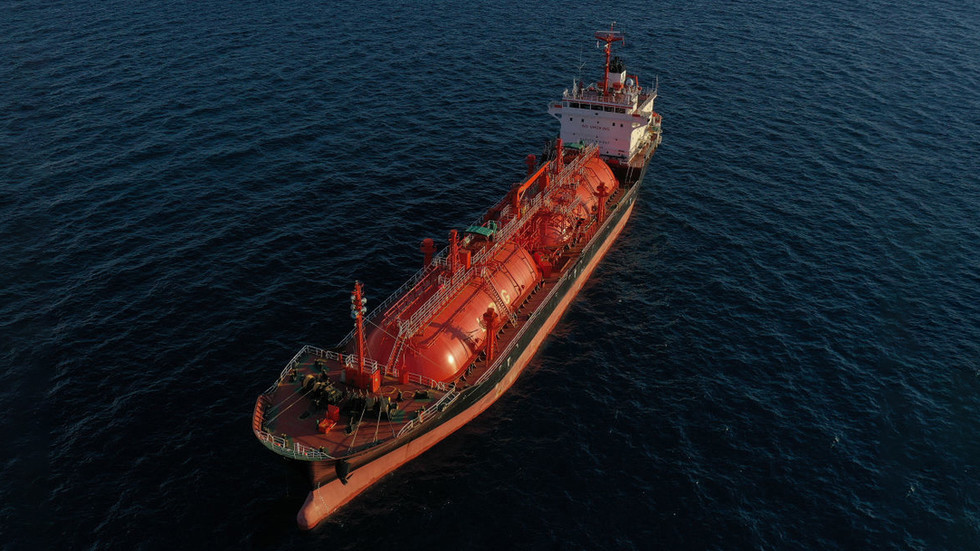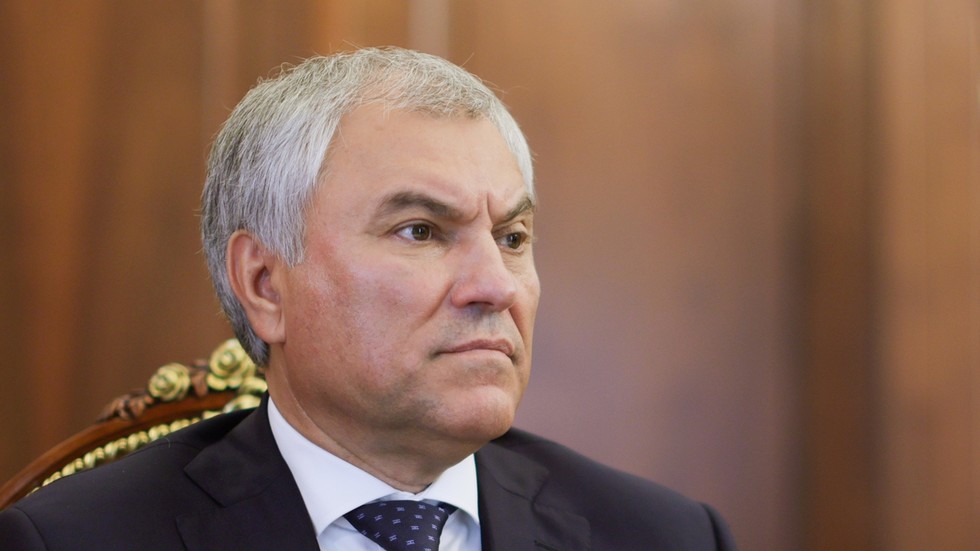After three European countries said on Wednesday they would recognise Palestinian statehood, Euronews looked at why recognition is such a polarising issue, who has recognised Palestine so far, and under what circumstances.
All eyes are again on the Middle East and some 5.5 million Palestinians following coordinated announcements by Spain, Ireland and Norway on Wednesday they would recognise Palestine as a state.
The Palestinian state's road to recognition and participation in international institutions has been arduous and pockmarked with major roadblocks.
For the Palestinian people, each diplomatic victory came at the cost of heightened tensions, significant pushback and outright conflict on the ground.
As Dublin, Madrid and Oslo all announced their decision on Wednesday — with Slovenia, Malta and Belgium expected to follow suit — Israel continued its months-long military campaign in Gaza prompted by the 7 October Hamas attack.
The bombing campaign and incursion into the enclave are reported to have caused more than 35,000 Palestinian deaths, according to the United Nations. Most casualties have been women and children.
Why is recognising the Palestinian state such a polarising issue? And who has recognised it so far, and under what circumstances?
Foreign mandate turns sour
The UN and its predecessor, the League of Nations, have been at the centre of the issue. After the latter handed it over to Great Britain as a former Ottoman territory in 1922, Palestinians found their demands for an independent state repeatedly rejected by London, leading to an open rebellion in 1937.
Unable to find a solution, the UK returned the territory — with all its predicaments — back to the UN a decade later, in 1947.
The UN settled on scrapping the British Mandate altogether and proposed to split the Palestinian lands into two states, one Palestinian and another Israeli.
However, two wars — the 1948 Palestine war and the resulting Arab-Israel War — led to Israel controlling not only the territory earmarked by the UN for its homeland but also some two-thirds of the proposed Palestinian state, resulting in more than half of Palestinians fleeing or getting expelled.
Further hostilities in 1967 and 1973 saw Palestinian territories reduced even more.
While the UN and its General Assembly acknowledged Palestinians' rights to sovereignty and independence, it wasn't until 1988 that the Palestine Liberation Organisation (PLO) officially declared the State of Palestine within the borders recognised by 78 countries.
For the territory including the West Bank, the Gaza Strip and East Jerusalem, the recognition troubles were only beginning.
Decades of conflict and peace accords
While gaining recognition from communist and non-aligned countries, including the Soviet Union, China, India, Greece and Yugoslavia, major Western actors remained staunchly against Palestinian statehood.
A US-led initiative of actively discouraging countries from recognising Palestine meant that little more was on the table aside from the Egypt-brokered 1977 Camp David Accords, granting Palestinians the right to self-govern in their territories.
For Washington at the time, recognition was a no-go matter.
The PLO's participation in the conflict in Lebanon, open acts of violence against Israeli civilians, and Arafat's friendly relations with Iraq's Saddam Hussein and the regime in Tehran alike all compounded the issue further.
An earlier pledge by former US Secretary of State Henry Kissinger to Israel to stay away from recognising Palestine until the Yasser Arafat-led group gave up on its rejection of Israel's right to exist also hindered any diplomatic efforts that would involve softening Israel's stance on the matter.
Further violence in the 1980s by PLO factions and Israeli settlers' increasing ruthlessness towards Palestinians added fuel to the belief that peace in the Middle East was unattainable and that an independent Palestinian state would only make matters worse.
The US ended up designating PLO as a terrorist group in 1987, representing a major red flag for its allies that was extended to any debate over Palestine's recognition.
Although numerous Arab League and developing countries in Asia and Africa pledged their support, by February 1989, only 94 countries officially recognised Palestine as an independent state.
Meanwhile, the thawing of relations towards Arafat and the PLO and the US-led Oslo Accords in the 1990s gave hope that a two-state solution could finally see Palestine gain full sovereignty.
Yet, the assassination of Israeli PM Yitzhak Rabin in 1995 and the death of Arafat almost a decade later saw Israel toughening its stance and PLO's political authority waning alike.
European countries divided
In the following years, the number of states officially recognising Palestine grew slowly but steadily, but due to some countries' ambiguity on the issue, the total is often reported as being between 122 and 146.
Some countries have established diplomatic relations with the Fatah-led Palestinian Authority, seen by many as the de facto government of the Palestinian state.
However, today, the Palestinian Authority only has administrative control over the West Bank, with Hamas ruling over Gaza since the 2006 elections.
At the same time, the UN still only recognises the PLO as representatives of the representatives of the Palestine people.
EU countries remain divided on the issue, and some have changed their position dramatically over the years.
Ireland, one of the leading countries in the renewed push to recognise Palestine today, was the first EU member state to endorse its establishment in 1980.
Sweden recognised Palestinian statehood in 2014, but its officials have since walked back on the pledge, with former Foreign Minister Tobias Billström calling it "unfortunate and premature" in 2022.
Romania has maintained close diplomatic relations with the PLO and was one of the first countries to recognise the Palestinian Authority in 1988.
Hungary also recognised Palestine as a sovereign state in the same year, while both European countries were still part of the Soviet bloc.
Meanwhile, Budapest was one of just nine countries voting against Palestine's UN membership earlier this month, and many consider the central European country to be one of Israel's closest allies in Europe.

 5 months ago
20
5 months ago
20









